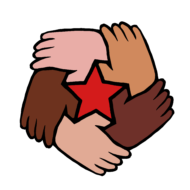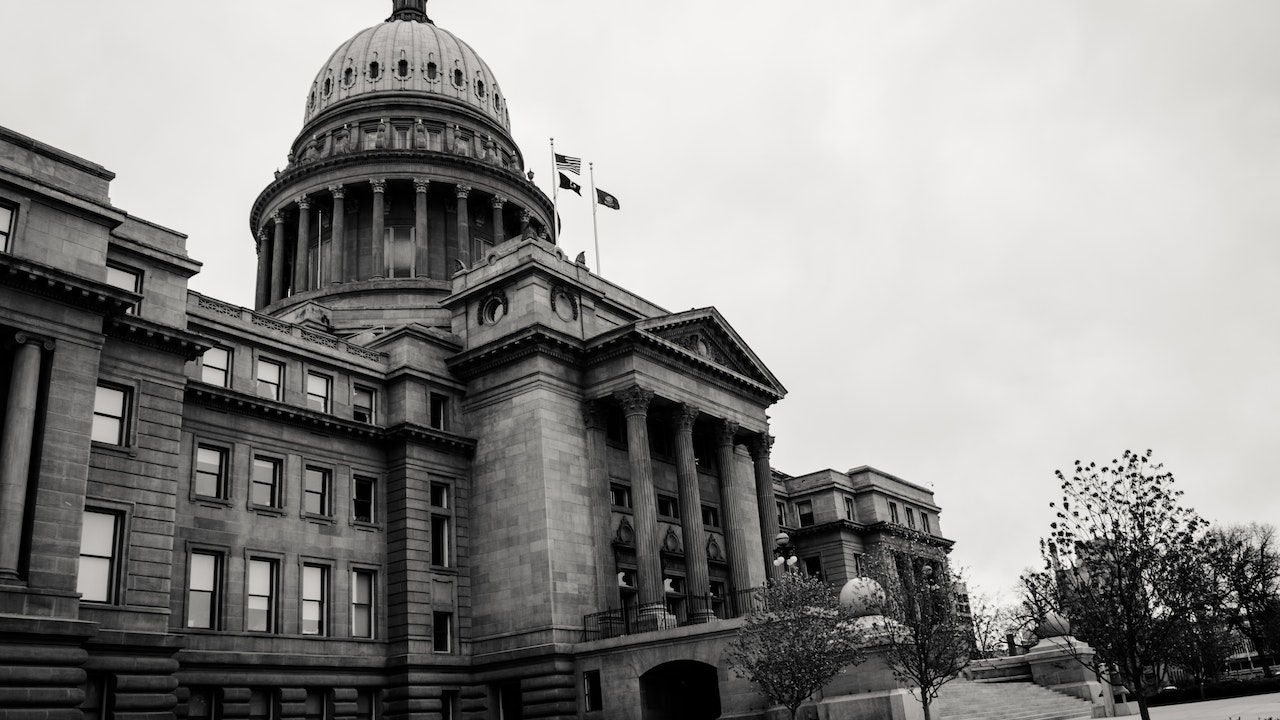While it’s common for people to use the words state and government interchangeably, Marxists view the two terms as having very different meanings.
What’s the difference between the state and the government?
To Marxists, the state consists of all the institutions that the ruling class uses to impose its will upon the other classes. The government consists of all the institutions that are used to administer society, such as the civil servants who collect taxes and distribute resources where needed.
Why does the state exist? Why not just have a government?
In every class based society, the different classes necessarily have opposing interests that can’t be reconciled. Therefore, one class has to impose its will upon the other classes in order to get what it wants.
In a Capitalist country, the Capitalist class wants to pay the workers as little as possible, while the workers want to receive the full value of their labor. The Capitalists want to only hire the workers when it’s profitable, while the workers want secure employment. The Capitalists want workers to labor intensely and for long hours, while the workers want a healthy work pace and plenty of time off.
The workers can only get what they want by owning the economy and running it democratically, while the Capitalists need to own the economy privately in order to exploit the workers.
To keep the current class system in place, the Capitalist class needs some way to coerce the workers into accepting things as they are.
What does the state look like?
The state takes different forms in each society and changes over time. No society is static and the state changes constantly in response to the pressures placed upon the ruling class by everyone else.
Generally, it isn’t terror of violence that commands people’s everyday obedience, it’s the ideology fed to them by the state.
While marginalized sections of society are constantly policed violently in liberal democracies, for instance, the majority will never experience the brutal side of policing unless they attend a protest. Instead, the opinion makers of society, in the media and schools, convince the majority that the only legitimate way to solve their problems is through the ballot box. This is an ideological belief that keeps the working masses docile and the Capitalist class content.
The ideological belief in the fairness and legitimacy of the formal political institutions funnels all of people’s frustrations into electoral politics, where they only have a choice between the candidates that the wealthy are willing to fund. Only when conditions become intolerable do people start to take their grievances to the streets, where they get met with state violence.
Likewise, in feudal society, the nobility might have had command of armed and violent men, but the ideological belief in the naturalness of the social hierarchy did just as much to keep the majority from challenging feudal power.
The state, then, takes many forms, which are different in different societies and change over time. It consists of all the institutions that coerce people into accepting the current system, whether they do so violently or by shaping people’s beliefs.
Finally, sections of the state may be operated by a central authority such as a monarch or elected government, while others may be privately owned, such as newspapers. As long as they help to keep the ruling class in power, they’re part of the state.
Summary:
- The government consists of the administrative institutions of society. The state consists of the institutions that the ruling class uses to impose its will upon the other classes.
- Parts of the state control the ideological life of society, while other parts use violent repression to control the ruled classes.
- State institutions can be operated by a government or by any other group, as long as they uphold the interests of the ruling class.
Recommend Reading
- The Origin of the Family, Private Property and the State by Frederick Engels [Online] [PDF] [epub] [mobi]
- The State and Revolution by Lenin [Online] [PDF] [epub] [mobi]





